Inadequate family support NOS; · High expressed emotional level within family Z638;The expressed emotion (EE) is considered to be an adverse family environment, which includes the quality of interaction patterns and nature of family relationships among the family caregivers and patients of schizophrenia and other psychiatric disorders Influence of EE has been found to be one of the robust predictors of relapse in schizophrenia This review article aims to provide a

V Codes Dsm 5 Z Codes Icd 10 Psychdb
High expressed emotion level within family icd 10
High expressed emotion level within family icd 10-Inadequate or distorted communication within familyHigh expressed emotional level within family;
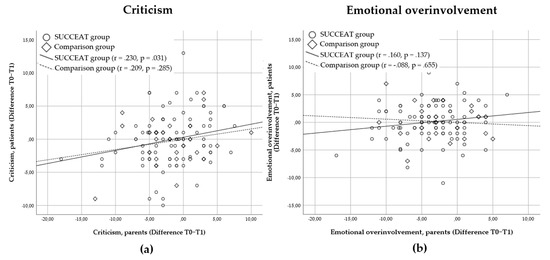


Jcm Free Full Text Reduction Of High Expressed Emotion And Treatment Outcomes In Anorexia Nervosa Caregivers And Adolescents Perspective Html
· To test our hypothesis that high levels of relatives' EE, and its components CC and family EOI would be related to high levels of relatives' FB, first we conducted ttests to compare the levels of EE and FBThe results show that family members with high EE had a higher mean value for FB (mean = 345, SD = 141) than those with low EE (mean = 167, SD = 103), and thisExpressed emotion in family caregivers of people diagnosed with depression in Thailand a randomised controlled trial Terence V McCann1*, Wallapa Songprakun2 and John Stephenson3 Abstract Background High expressed emotion (EE) can extend the duration of illness and precipitate relapse;High expressed emotion (EE) is common in caregivers of patients with anorexia nervosa (AN) and associated with poorer outcome for patients In this study, we examined the prevalence of high EE in caregivers of adolescents with AN and analyzed predictors for EE using multivariate linear regression models We further analyzed whether EE is reduced by the “Supporting Carers
The documents composing the ICD10 family of classifications and guidelines The individuals who produced the initial drafts of the classification and guidelines are included in the list of principal investigators on pages their names are marked by an asterisk Dr A Jablensky, then Senior Medical Officer in the Division of Mental Health of WHO, in Geneva, coordinated this partThe relationships between expressed emotion (EE) of the families and the course of bipolar disorder have been examined only in a limited number of cohort studies No study has yet been reported from Asia The subjects were 12 patients that had been diagnosed with bipolar I disorder according to DSMIV and their 12 key family members The families of the patients were"Expressed emotion" (EE) is considered a marker of dysfunctional family interaction in patients with schizophrenia An alternative hypothesis, however, is that at least some of the different elements of EE really represent attempts on the part of carers to cope with and care for a relative with a psychiatric disorder EE (criticism and emotional overinvolvement) was measured in relatives (n = 31) of patients with psychotic illness using the FiveMinute Speech Sample (FMSS) Level
· Disruption of Family by Separation or Divorce V618 (Z638) High Expressed Emotion Level Within Family V62 (Z634) Uncomplicated BereavementMechanically, including photocopying, recording, or taping) without the expressed written permission from AAPC and the sources contained within ICD10 Experts Rhonda Buckholtz, CPC, CPMA, CPCI, CGSC, CPEDC, CENTC, COBGC VP, ICD10 Training and Education Shelly Cronin, CPC, CPMA, CPCI, CANPC, CGSC, CGIC, CPPM Director, ICD10 TrainingICD10 is the 10th revision of the International Statistical Classification of Diseases and Related Health Problems (ICD), a medical classification list by the World Health Organization (WHO) It contains codes for diseases, signs and symptoms, abnormal findings, complaints, social circumstances, and external causes of injury or diseases Work on ICD10 began in 19,
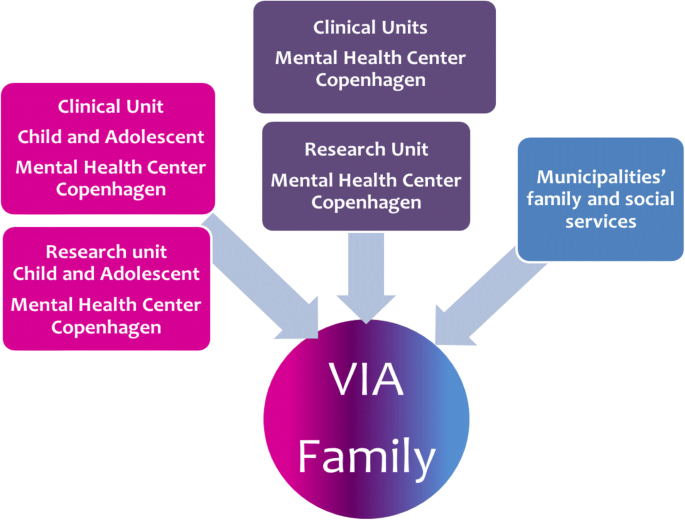


Via Family A Family Based Early Intervention Versus Treatment As Usual For Familial High Risk Children A Study Protocol For A Randomized Clinical Trial Trials Full Text
.jpg?ezimgfmt=rs:382x513/rscb25/ng:webp/ngcb25)


Schizophrenia Diagnosis And Treatment Simply Psychology
Problem (with) (related to) conflict or discord (with) family Z639Background Expressed emotion (EE) is a measure of the family environment that has been demonstrated to be a reliable psychosocial predictor of relapse in schizophrenia However, in recent years some prominent nonreplications of the EErelapse relationship have been published To more fully address the question of the predictive validity of EE, we conducted a metaanalysis of allV6110 (Z630) Relationship Distress With Spouse or Intimate Partner V6103 (Z635) Disruption of Family by Separation or Divorce V618 (Z638) High Expressed Emotion Level Within Family V62 (Z634) Uncomplicated Bereavement Educational and Occupational Problems V623 (Z559) Academic or Educational Problem



V Codes Dsm 5 Z Codes Icd 10 Psychdb



Schizophrenia And Related Disorders Chapter 13 Essential Psychiatry
Held in Geneva from 26 September to 2 October 19 concerning the establishment of an updating process within the 10year revision cycle This recommendation was put into motion at the annual meeting of WHO Collaborating Centres for the Family of International Classifications in Tokyo, Japan in 1996 and later a formal mechanism to guide the updating process was establishedPatients with high levels of expressed emotion in their family environment were more prone for relapse of alcohol use High expressed emotion was associated with lesser time spent being abstinent from alcohol and more frequent relapses Out of the components of expressed emotions studied, perceived criticism was associated with quicker and more frequent relapses, whereasComposing the ICD10 family of classifications and guidelines The individuals who produced the initial drafts of the classification and guidelines are included in the list of principal investigators on page 312 s 325 their names are marked by an asterisk Dr A Jablensky, then Senior Medical Officer in the Division of Mental Health of WHO, in Geneva, coordinated this part of the



Preventing The Entrenchment Of High Expressed Emotion In First Episode Psychosis Early Developmental Attachment Pathways Patterson 00 Australian And New Zealand Journal Of Psychiatry Wiley Online Library



1102 Israel Journal Of Psychiatry And Related Sciences By Medic Issuu
· High expressed emotion (EE) in a patient's family is a known risk factor of relapse in schizophrenia The three components of high EE – criticism, hostility and emotional overinvolvement – were developed through a datadriven approach and a focus on overt abrasive behaviours The influence of covert abrasive behaviours has not been exploredICD10CM Official Guidelines for Coding and Reporting FY 21 (October 1, September 30, 21) Narrative changes appear in bold text Items underlined have been moved within the guidelines since the FY version Italics are used to indicate revisions to heading changes The Centers for Medicare and Medicaid Services (CMS) and the National Center for Health StatisticsV6149 Other health problems within the family convert V6149 to ICD10CM;
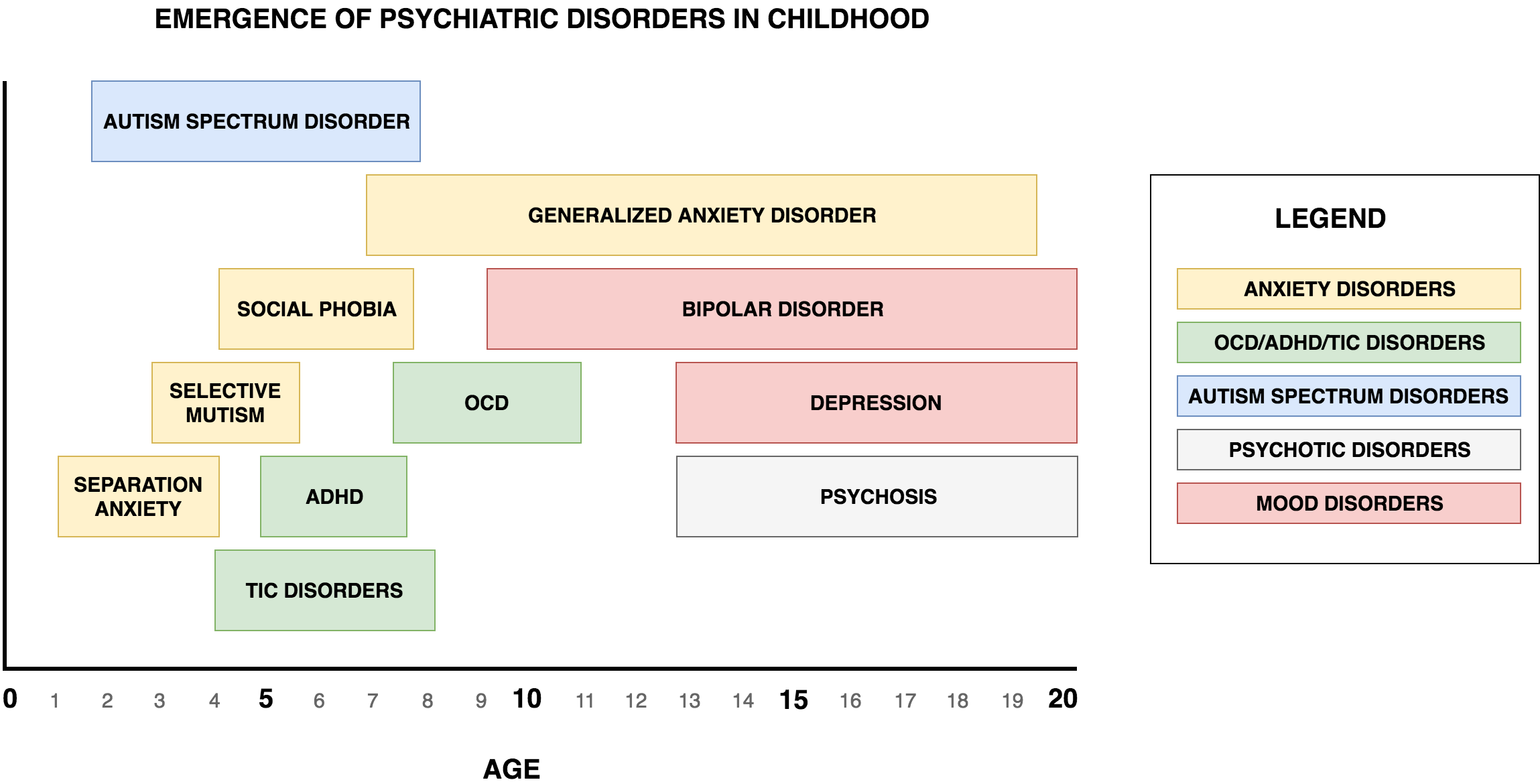


Child And Adolescent Psychiatry Psychdb
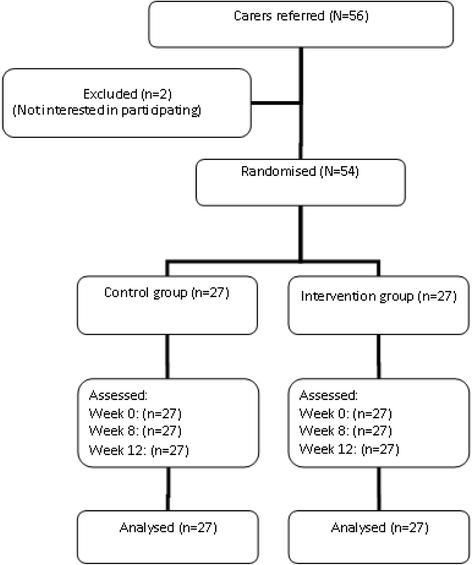


Effectiveness Of Guided Self Help In Decreasing Expressed Emotion In Family Caregivers Of People Diagnosed With Depression In Thailand A Randomised Controlled Trial Bmc Psychiatry Full Text
ICD10CM Code for Other specified problems related to primary support group Z638 ICD10 code Z638 for Other specified problems related to primary support group is a medical classification as listed by WHO under the range Factors influencing healthPeople with schizophrenia are more likely to experience a relapse within family groups when there are high levels of expressed emotion (hostility, criticism or over involvement) within the family, compared to families who tend to be less expressive of their emotions There are several psychosocial interventions available involving education, support and management to reduce expressed emotion · Disruption of family by separation or divorce V618 (Z638) High expressed emotion level within family V62 (Z626) Uncomplicated bereavement Emotional Neglect PAS Children V61 (Z6)
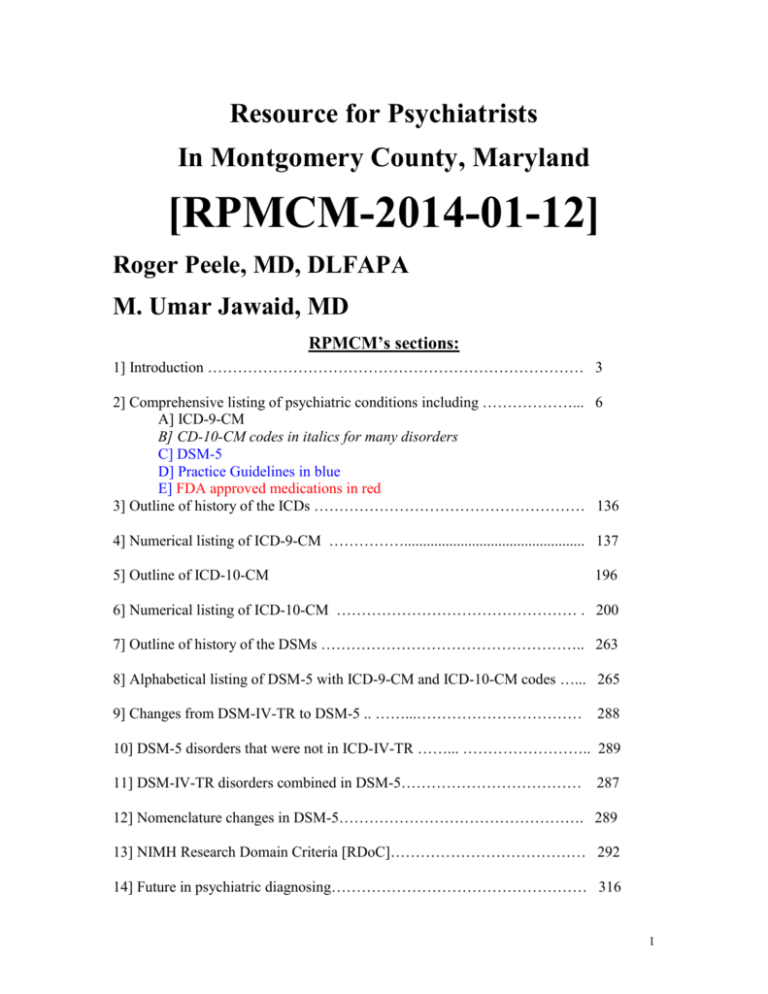


Alphabetical Listing Of Disorders



Child Diurnal Cortisol Differs Based On Profiles Of Maternal Emotion Socialization In High Risk Low Income And Racially Diverse Families Buhler Wassmann 21 Developmental Psychobiology Wiley Online Library
Inadequate, inadequacy family support Z638;Sick or handicapped person in family or household Z636 child abuse (affecting the child) see Maltreatment, child custody or support proceedings Z653 in welfare custody Z6221 in care of nonparental family member Z6221 in foster care Z6221 living in · Expressed emotion and family burden The finding that high EE is associated with higher burden in relatives supports previous findings by Smith et al (Reference Smith, Birchwood and Cochrane 1993) and Scazufca & Kuipers (Reference Scazufca and Kuipers 1996, Reference Scazufca and Kuipers 1998) In the present study we found that burden was a strong feature mainly of the high



Pdf Reduction Of High Expressed Emotion And Treatment Outcomes In Anorexia Nervosa Caregivers And Adolescents Perspective



Pdf Expressed Emotion And The Significant Contacts Among Schizophrenic Out Patients
ICD10CM Diagnosis Code Z762 Encounter for health supervision and care of other healthy infant and child 16 17 18 19 21 Billable/Specific Code Pediatric DxV615 Multiparity convert V615 to ICD10CM;Expressed emotion, the family is interviewed to carefully watch their expressions and comments while answering questions This interview is known as the Chamberwell Family Interview which lasted around 90 minutes and the degree of EE has been rated according to operational criteria(3) A number of studies have demonstrated that schizophrenic patients returning to live with a high
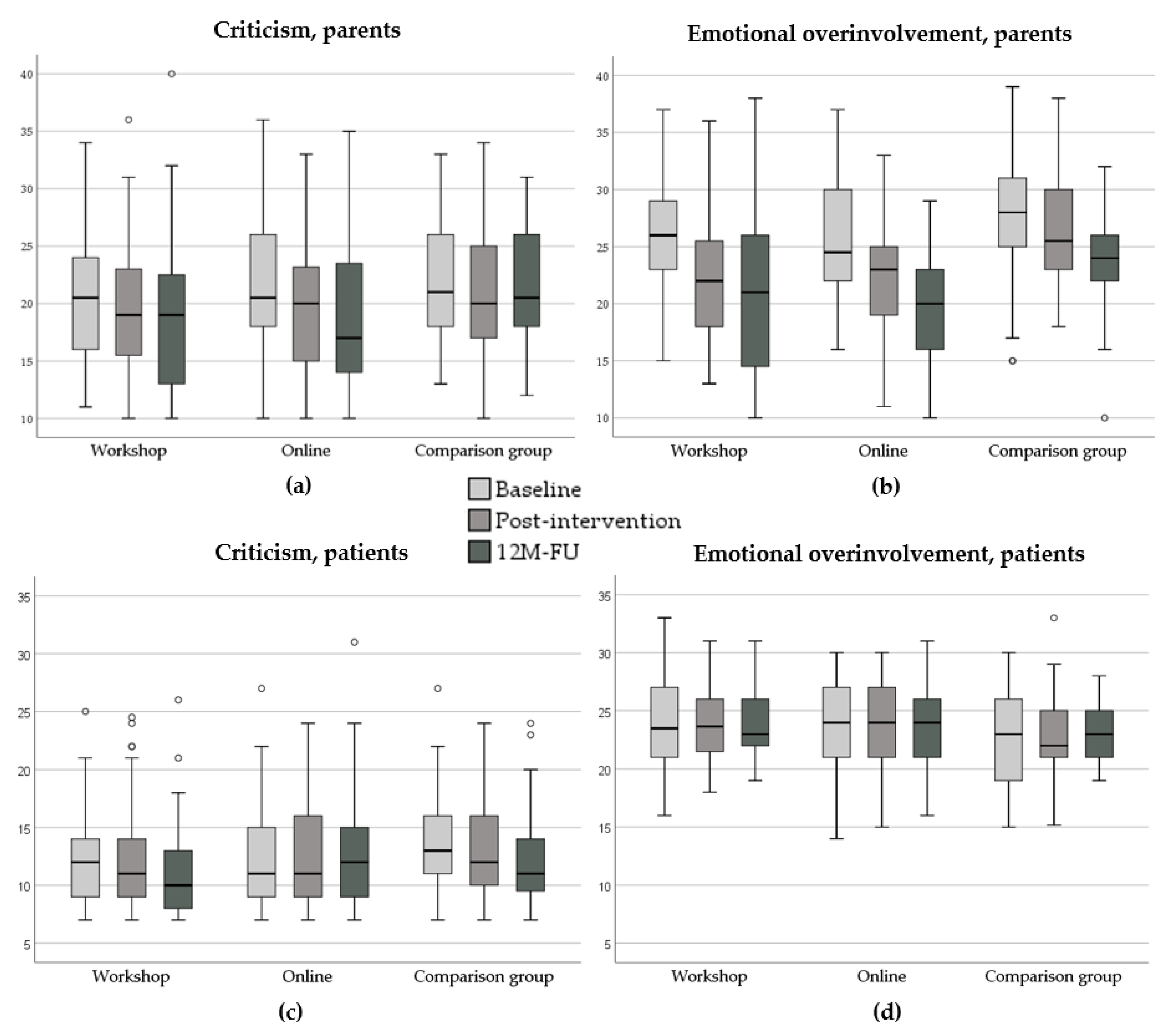


Jcm Free Full Text Reduction Of High Expressed Emotion And Treatment Outcomes In Anorexia Nervosa Caregivers And Adolescents Perspective Html
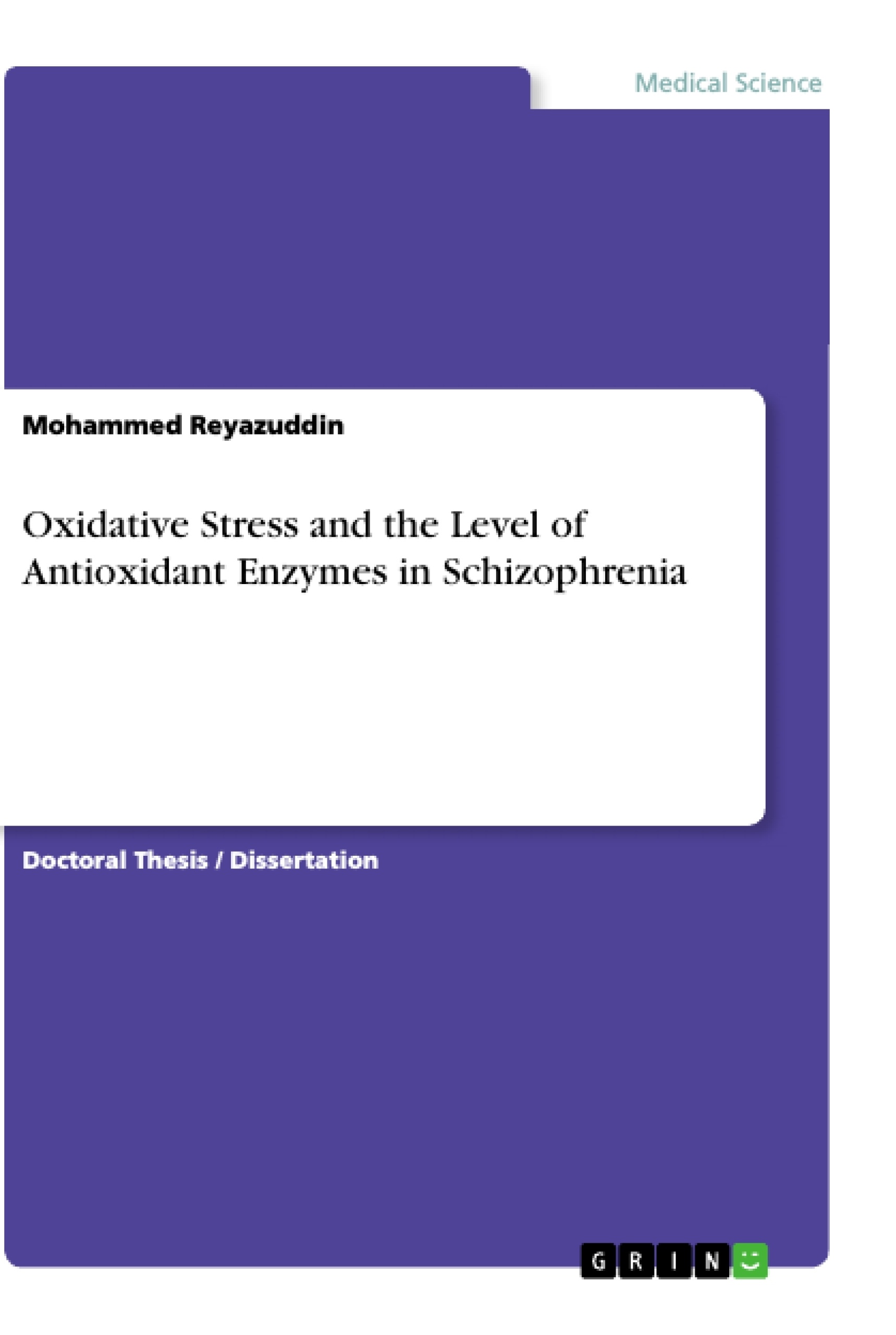


Oxidative Stress And The Level Of Antioxidant Enzymes In Grin
'Expressed emotion' is a term used in mental health to denote the intensity of expression of a range of emotions within the family context Levels of expressed emotion may be high or low This emotion may be considered 'negative' (for example hostility, anger) or 'positive' (for example caring concern) 'High Expressed Emotion' refers to high levels of emotion expressed specifically towards the individual or within the familyHigh expressed emotion involves more criticism, hostility, and emotional overinvolvement than low expressed emotion Family members high in expressed emotion cause relapse in psychological disorders such as schizophrenia, alcoholism, children with learning disabilities, and bipolar disorder The stress from negative criticism and pity becomes a burden on the personIndex to Diseases and Injuries The Index to Diseases and Injuries is an alphabetical listing of medical terms, with each term mapped to one or more ICD10 code(s) The following references for the code Z638 are found in



Family Psychoeducation With Caregivers Of Schizophrenia Patients Impact On Perceived Quality Of Life Verma Pk Walia Ts Chaudhury S Srivastava S Ind Psychiatry J



The Icd 10 Classification Of Mental And Behavioural Disorders
A more specific code should be selected ICD10CM codes are to be used and reported at their highest number of characters available A 3character code is to be used only if it is not further subdividedA code is invalid if it has not been coded to the full number of characters required for that code, including the 7 th character, if applicable Select Billable Codes to view only billableHigh expressed emotional level within family;ICD10 Version19 Search Quick Search Help Quick search helps you quickly navigate to a particular category It searches only titles, inclusions and the index and it works by starting to search as you type and provide you options in a dynamic dropdown list You may use this feature by simply typing the keywords that you're looking for and clicking on one of the items that appear in
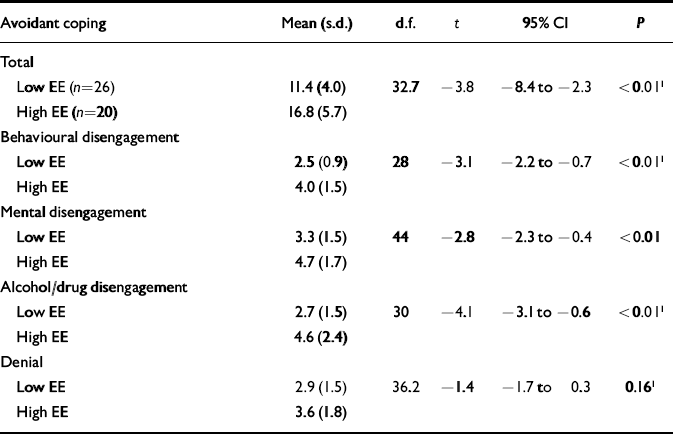


Expressed Emotion At First Episode Psychosis Investigating A Carer Appraisal Model The British Journal Of Psychiatry Cambridge Core



Pdf A Concise Self Report Scale Can Identify High Expressed Emotions And Predict Higher Relapse Risk In Schizophrenia
Type 2 diabetes with gastroparesis icd 10 natural history (🔴 children) type 2 diabetes with gastroparesis icd 10 zucchinihow to type 2 diabetes with gastroparesis icd 10 for {Hyperglycaemia is caused by blood glucose levels rising too highSymptoms of hyperglycaemia include weeing more frequently (especially at night), feeling especially thirsty, tired or lethargic, headaches,Table 3 cond3Expressed Emotion= EE, CFI = Camberwell Family Interview, SCFI= Standardized Clinical Family Interview, FMSS= Five Minute Speech Sample, LEE= Level of Expressed Emotion, QFP= Questionnaire for Family Problems, FQ= Family Questionnaire CC= critical comments, W= warmth, H= hostility, EOI= emotional overinvolvement, PC= positive comments, Hrs= hours,High Expressed Emotion Level Within Family Expressed emotion is a construct used as a qualitative measure of the "amount" of emotion in particular, hostility, emotional overinvolvement, and criticism directed toward a family member who is an identified patient displayed in the family environment This category should be used when a family's high level of expressed emotion is the focus of clinical attention or is affecting the course, prognosis, or treatment of a family
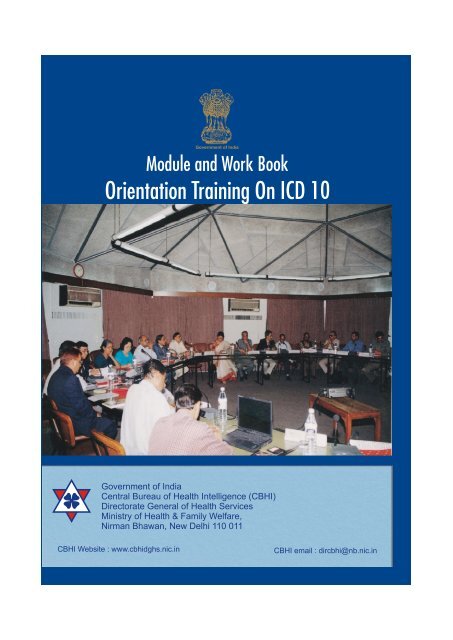


Orientation Training On Icd 10 Central Bureau Of Health Intelligence



Influence Of Parental Expressed Emotions On Children S Emotional Eating Via Children S Negative Urgency Munsch 17 European Eating Disorders Review Wiley Online Library
V614 Health problems within family; · The code Z638 has the following ICD10CM references to the Index of Diseases and Injuries Inclusion Terms Family discord NOS;Inadequate or distorted communication within family;
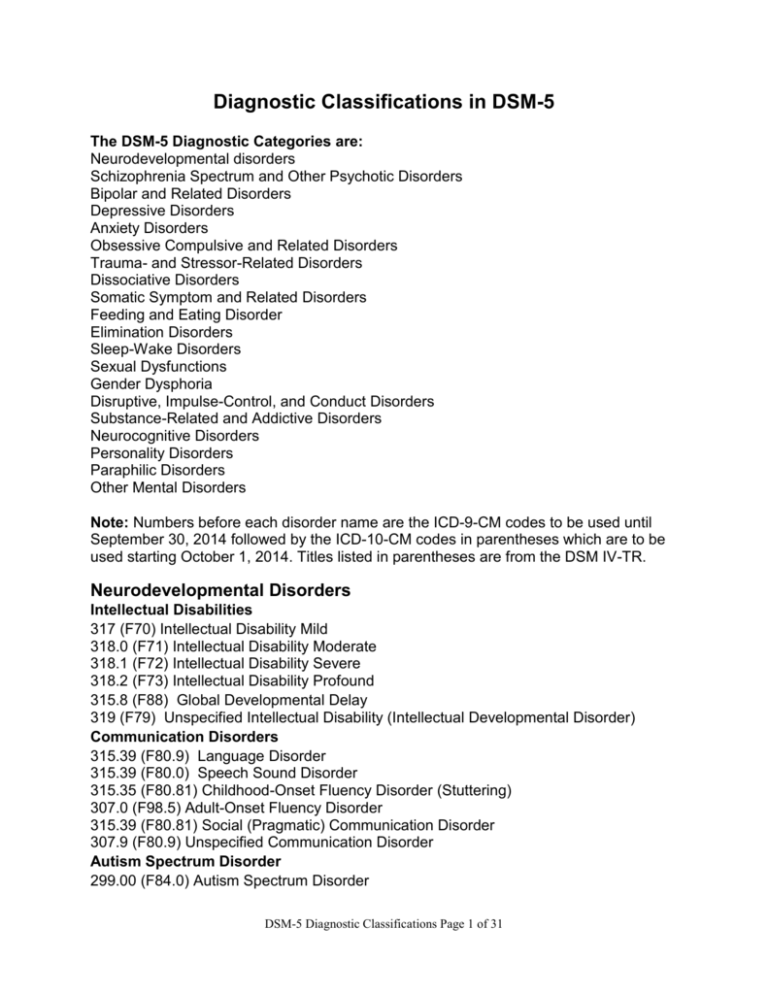


Diagnostic Classifications In Dsm 5 The Dsm 5



Using Machine Learning Analyses Of Speech To Classify Levels Of Expressed Emotion In Parents Of Youth With Mood Disorders Sciencedirect
Comparison of the needs and characteristics of relatives classified as high and low expressed emotion (EE) across a range of measures including social functioning and indices of stress and family burden revealed that high EE relatives reported higher levels of disturbed behaviour, subjective burden, and perceived themselves as coping less effectively Individuals from highEE · high blood sugar reading icd 10 🙍exercise The clinical presentation for Charcot and osteomyelitis is often very similar with a red, hot, swollen foot Examples of differential diagnoses include cellulitis, DVT, acute gout and pseudogout, osteonecrosis and osteomyelitis · Background Caregivers of persons with firstepisode psychosis (FEP) often report high levels of distress Preventing longterm or chronic distress within the whole family is an important focus of early intervention for psychosis However, a more comprehensive understanding of the psychological factors involved is needed Aims To examine the impact of subjective appraisals and expressed emotion



Ppt Dsm 5 Powerpoint Presentation Free Download Id
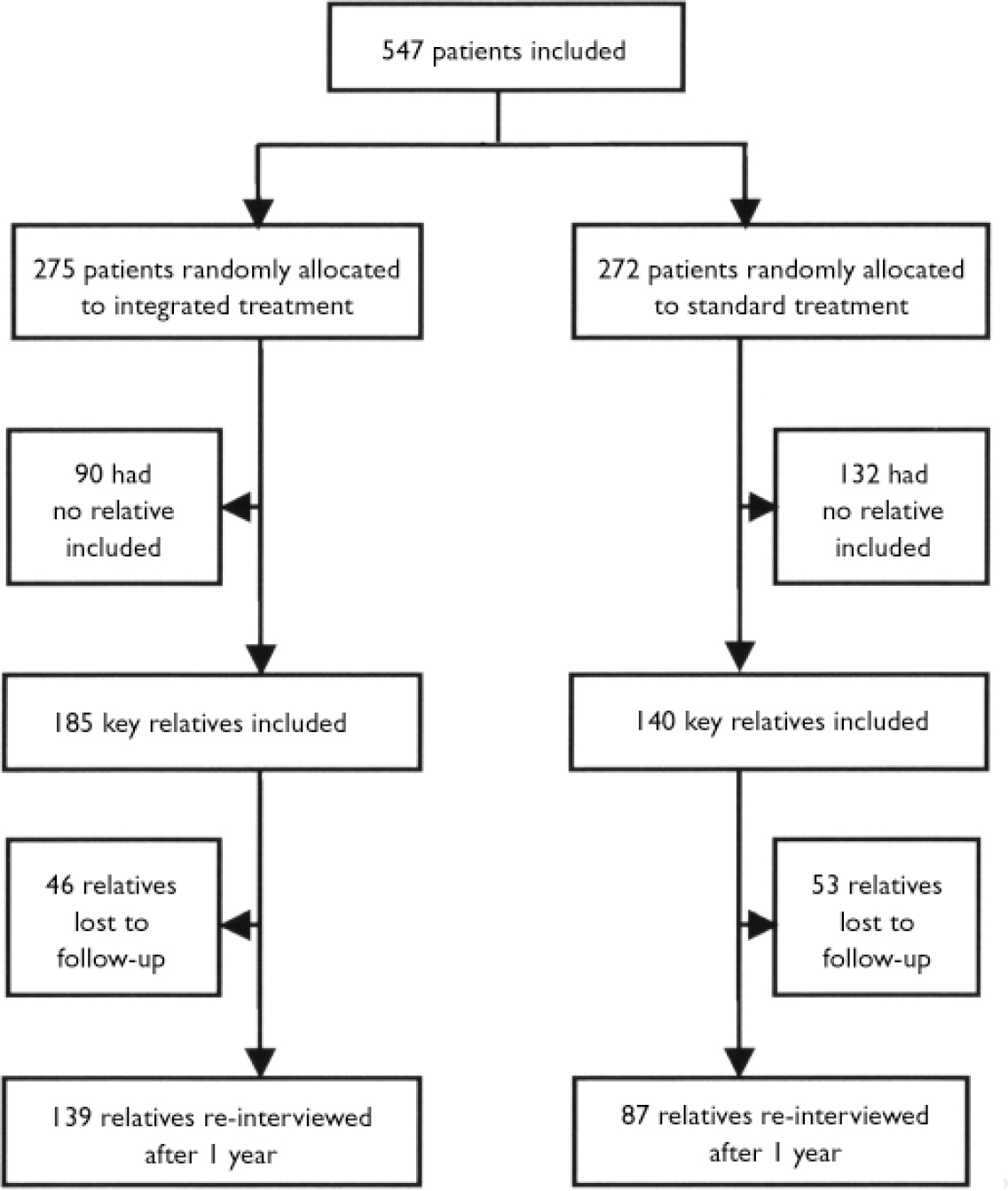


Integrated Treatment Of First Episode Psychosis Effect Of Treatment On Family Burden The British Journal Of Psychiatry Cambridge Core
Inadequate family support NOS; · High expressed emotion (EE) can extend the duration of illness and precipitate relapse;V613 Problems with aged parents or inlaws convert V613 to ICD10CM;
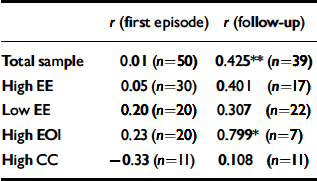


Expressed Emotion As An Adaptation To Loss The British Journal Of Psychiatry Cambridge Core



Schizotypal Personality Disorder
· Expressed emotion (EE) is a measure of a family's attitude towards a psychotic patient and also of the overall emotional environment of a patient The concept of EE was introduced in studies done by Brown et al, 1962 , Brown et al, 1972 , where it was shown to have an effect on relapse of schizophrenic patientsV6142 Substance abuse in family convert V6142 to ICD10CM;However, little evidencebased information is available to assist family
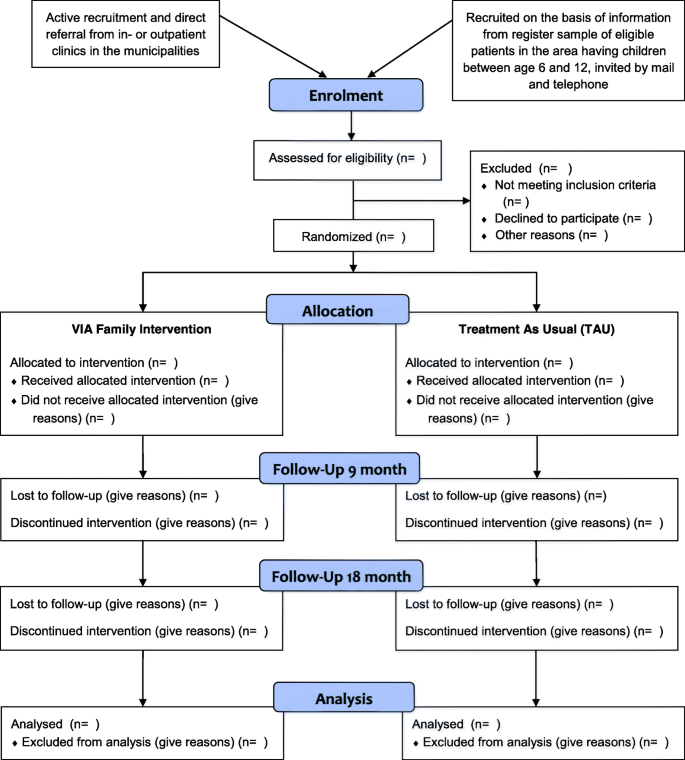


Via Family A Family Based Early Intervention Versus Treatment As Usual For Familial High Risk Children A Study Protocol For A Randomized Clinical Trial Trials Full Text



Concordances And Discrepancies Between Icd 10 And Dsm Iv Criteria For Anxiety Disorders In Childhood And Adolescence Topic Of Research Paper In Clinical Medicine Download Scholarly Article Pdf And Read For Free On
Measuring Expressed Emotion An Evaluation of the Shortcuts The Harvard community has made this article openly available Please share how this access benefits you Your story matters Citation Hooley, Jill M, and Holly A Parker 06 Measuring expressed emotion An evaluation of the shortcuts Journal of Family Psychology , no 3Insight and Perceived Expressed Emotion among Adult Outpatients with ObsessiveCompulsive Disorder By gambesco franchi Further development of a scale of perceived expressed emotion and its evaluation in a sample of patients with eating disorders By Jordi Obiols Patient and family factors associated with family accommodation in obsessivecompulsive disorder By Juliana · Nearly half (44%) of the carers were rated as high on EE, with onethird (33%) showing high critical comments, nearly onethird (30%) hostile and just over onefifth (22%) displaying high emotional overinvolvement The mean number of critical comments for the sample was 67 (sd=, range 0–32), the mean hostility score was 06 (sd=11) and the mean



Preventing The Entrenchment Of High Expressed Emotion In First Episode Psychosis Early Developmental Attachment Pathways Patterson 00 Australian And New Zealand Journal Of Psychiatry Wiley Online Library
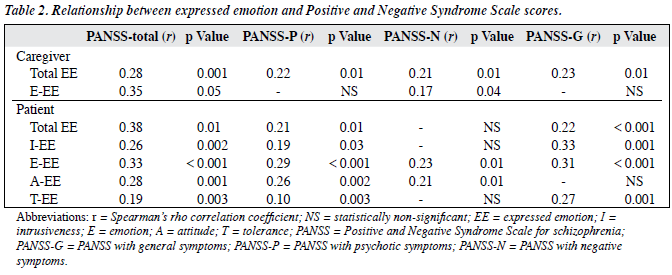


Expressed Emotion In Relative Of Chinese Patients With First Episode Psychosis In Hong Kong 香港華裔思覺失調首發患者家屬的情緒表達性研究
V6141 Alcoholism in family convert V6141 to ICD10CM;However, little evidencebased information is available to assist family caregivers of individuals with depression In the present exploratory study, we examined the effectiveness of a cognitive behaviour therapy (CBT) based guided selfhelp (GSH) manual in decreasing EE inIndicates that the ICD code is referenced in DSM5 (Diagnostic and Statistical Manual of Mental Disorders, Version 5) ICD10 from 11 16 Z638 is a billable ICD code used to specify a diagnosis of other specified problems related to primary support group
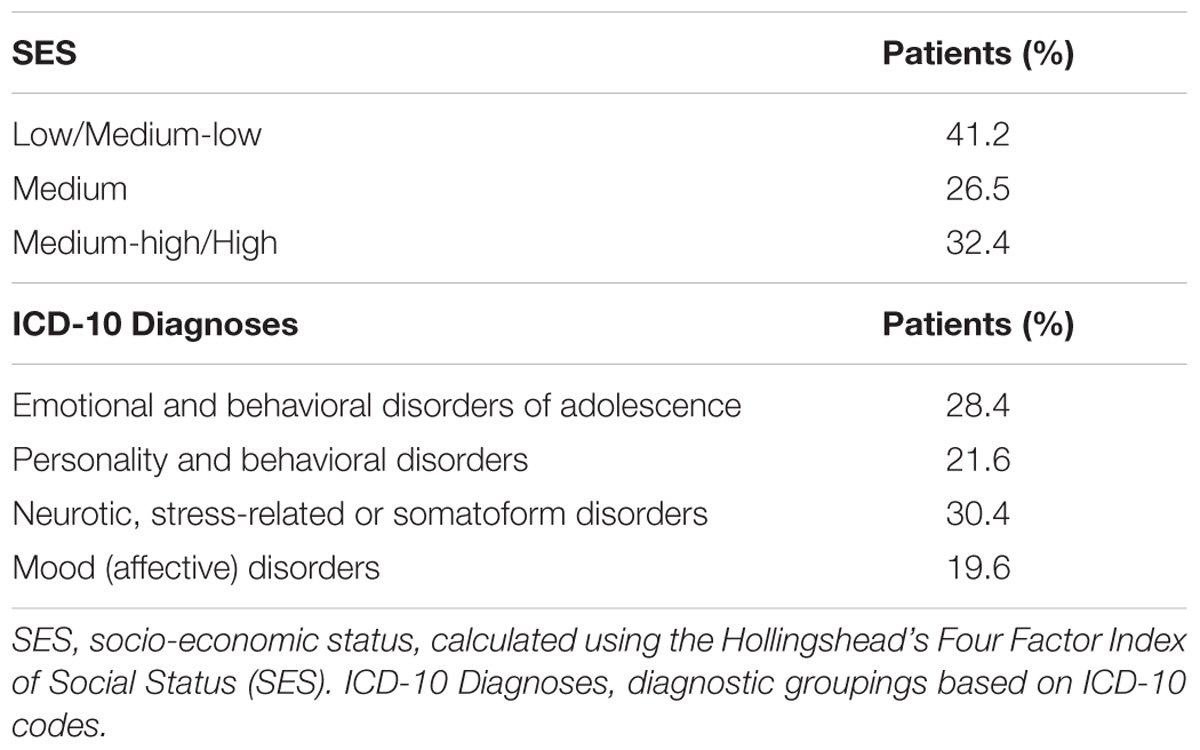


Frontiers Emotion Regulation And Parental Bonding In Families Of Adolescents With Internalizing And Externalizing Symptoms Psychology



Pdf Effectiveness Of Family Interventions On Psychological Distress And Expressed Emotion In Family Members Of Individuals Diagnosed With First Episode Psychosis A Systematic Review
Expressed emotion (EE), is a measure of the family environment that is based on how the relatives of a psychiatric patient spontaneously talk about the patient It specifically measures three to five aspects of the family environment the most important are critical comments, hostility, emotional overinvolvement, with positivity and warmth sometimes also included as indications of a lowEE



Family Centric Rehabilitation For Persons With Mental Illness In India Conceptual Framework Using Evidence Based Case Studies Sciencedirect



Preventing The Entrenchment Of High Expressed Emotion In First Episode Psychosis Early Developmental Attachment Pathways Patterson 00 Australian And New Zealand Journal Of Psychiatry Wiley Online Library



Pdf Expressed Emotions Medication Adherence And Its Association With Disease Prognosis In Patients With Schizophrenia In Teaching Hospital Anuradhapura
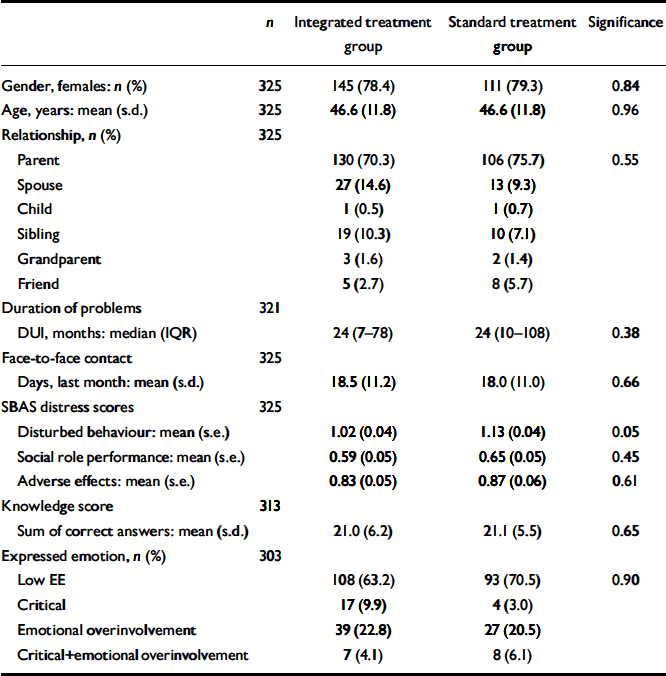


Integrated Treatment Of First Episode Psychosis Effect Of Treatment On Family Burden The British Journal Of Psychiatry Cambridge Core



Pdf Reduction Of High Expressed Emotion And Treatment Outcomes In Anorexia Nervosa Caregivers And Adolescents Perspective
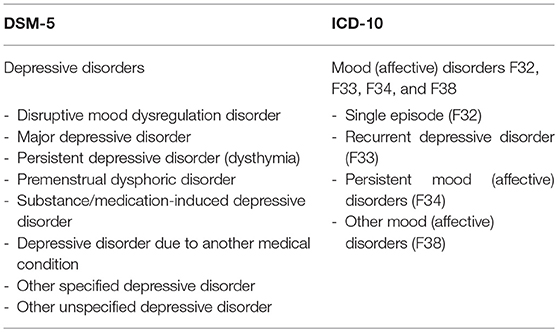


Frontiers Child And Adolescent Depression A Review Of Theories Evaluation Instruments Prevention Programs And Treatments Psychology



Expressed Emotion Of Family Members And Psychiatric Relapses Of Patients With A Diagnosis Of Schizophrenia
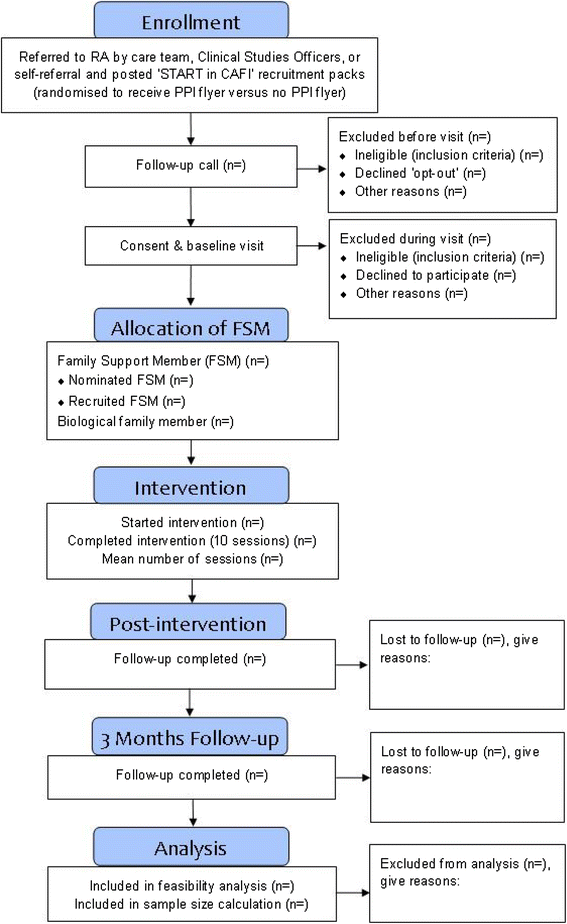


Culturally Adapted Family Intervention Cafi For African Caribbeans Diagnosed With Schizophrenia And Their Families A Feasibility Study Protocol Of Implementation And Acceptability Springerlink
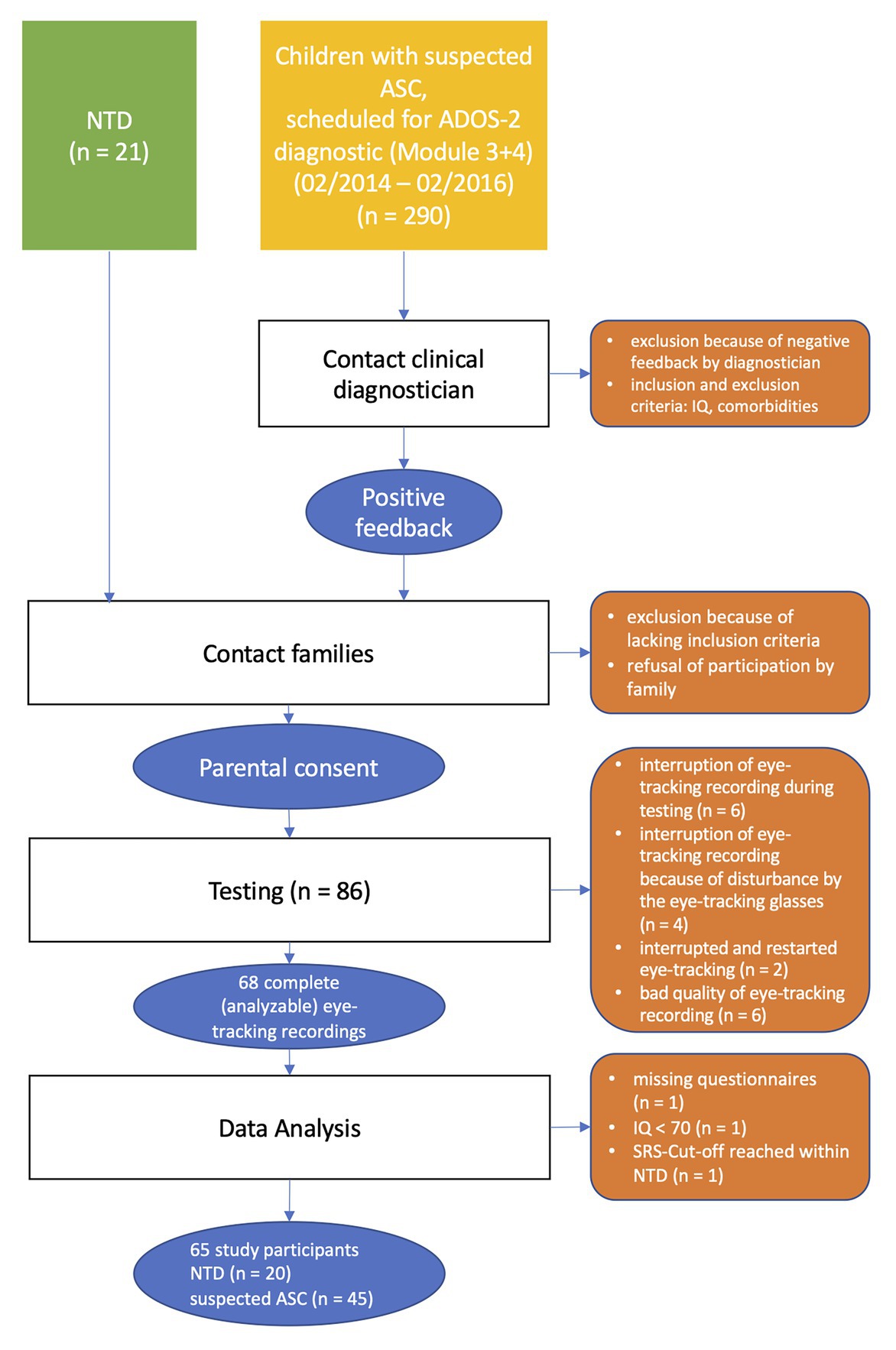


Frontiers Ados Eye Tracking The Archimedean Point Of View And Its Absence In Autism Spectrum Conditions Psychology



Psychiatric And Neuropsychiatric Presentations Associated With Severe Coronavirus Infections A Systematic Review And Meta Analysis With Comparison To The Covid 19 Pandemic The Lancet Psychiatry



A Study To Assess The Relationship Between Stigma And Expressed Emotion Among The Primary Care Givers Of Persons With Schizophrenia Attending Outpatient Department Of Lokopriyo Gopinath Bordoloi Regional Institute Of Mental Health



Jcm Free Full Text Reduction Of High Expressed Emotion And Treatment Outcomes In Anorexia Nervosa Caregivers And Adolescents Perspective Html



Alexithymia Wikipedia
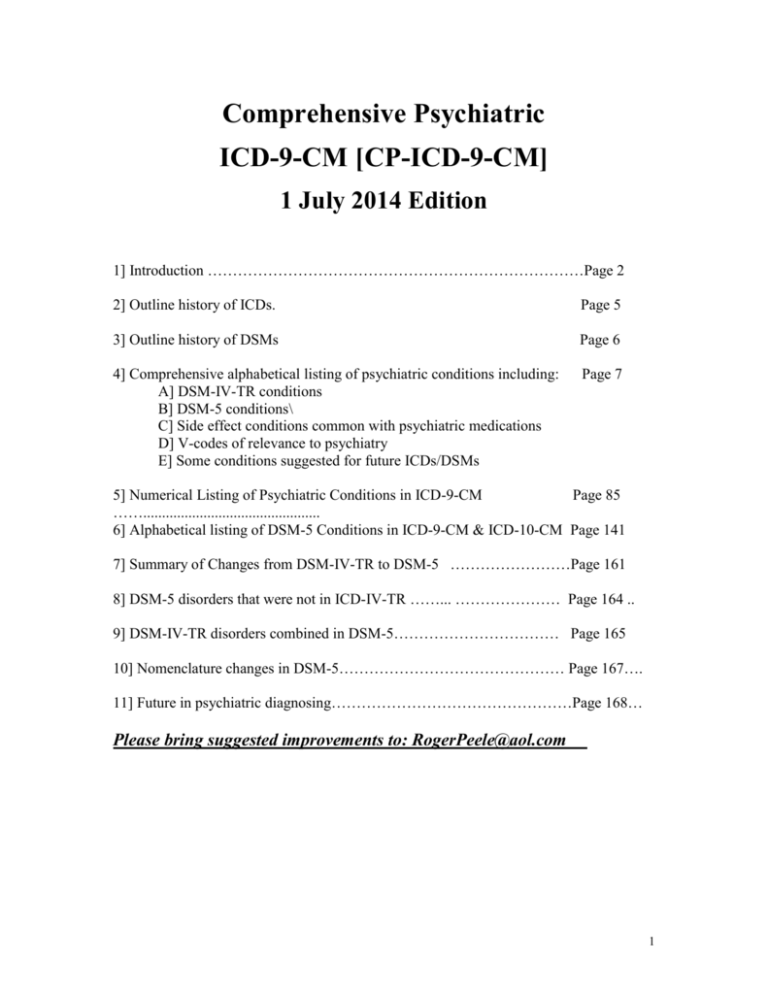


Alphabetical Listing Of Disorders
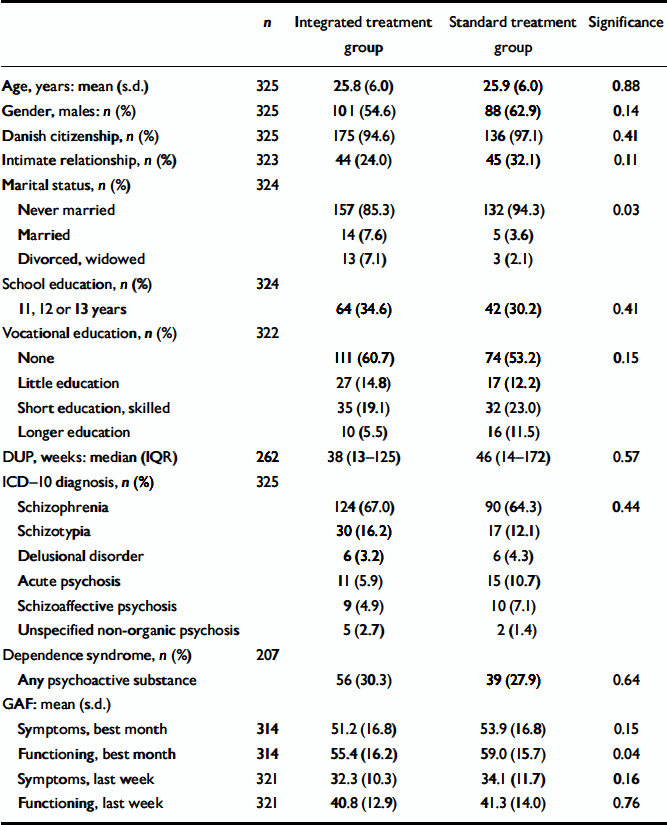


Integrated Treatment Of First Episode Psychosis Effect Of Treatment On Family Burden The British Journal Of Psychiatry Cambridge Core



V Codes Dsm 5 Z Codes Icd 10 Psychdb



Adverse Childhood Experience Ace Factors In Assessment Treatment Ppt Download



Jcm Free Full Text Reduction Of High Expressed Emotion And Treatment Outcomes In Anorexia Nervosa Caregivers And Adolescents Perspective Html



Pdf Assessment Of Expressed Emotion In Family Members Of Patients With Schizophrenia In A Selected Medical College Hospital Assam



Sibling Relationships Of Children And Adolescents With Mental Disorders Resource Or Risk Factor
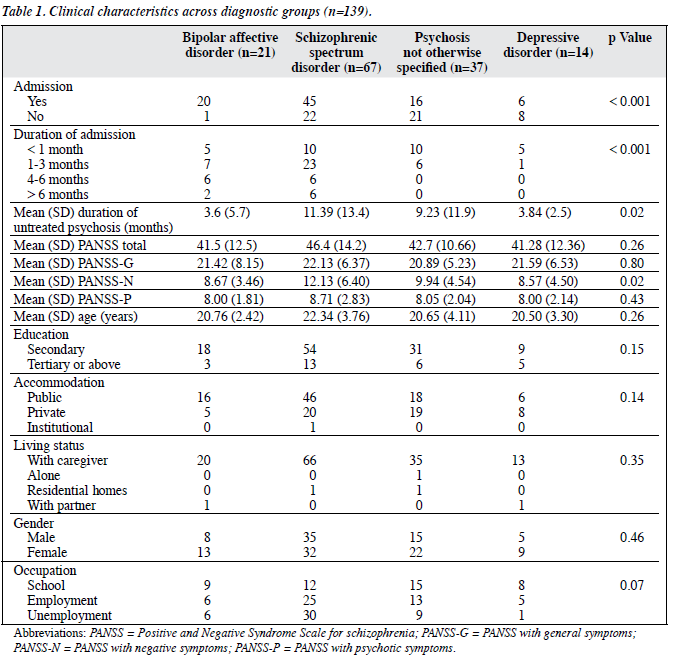


Expressed Emotion In Relative Of Chinese Patients With First Episode Psychosis In Hong Kong 香港華裔思覺失調首發患者家屬的情緒表達性研究



Schizophrenia Shorter Oxford Textbook Of Psychiatry 6th Ed



Pdf A Concise Self Report Scale Can Identify High Expressed Emotions And Predict Higher Relapse Risk In Schizophrenia



Ppt Presentation Expression Of Bipolar Patients Evaluative Meaning And Influence Of Family Caregivers Expressed Emotion Ee Liebe Mint Academia Edu



Expressed Emotion At First Episode Psychosis Investigating A Carer Appraisal Model The British Journal Of Psychiatry Cambridge Core
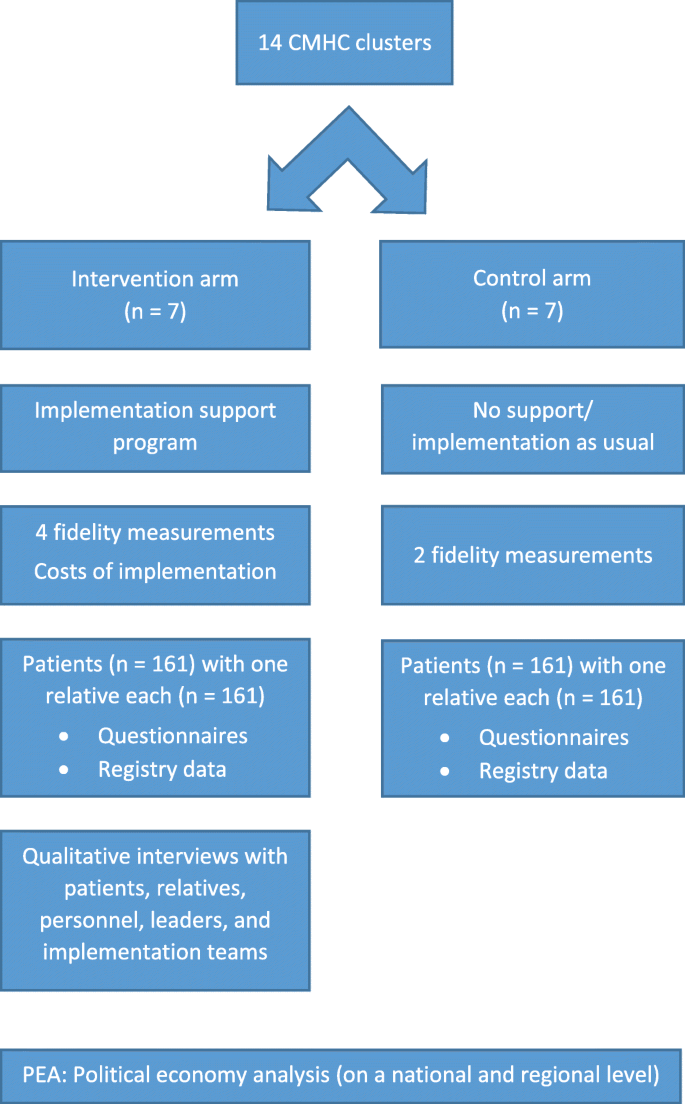


Implementation Of Guidelines On Family Involvement For Persons With Psychotic Disorders In Community Mental Health Centres Ifip Protocol For A Cluster Randomised Controlled Trial Bmc Health Services Research Full Text



Adverse Childhood Experience Ace Factors In Assessment Treatment Ppt Download



Icd 10 Mental Health Diagnosis Codes F Codes Z Codes
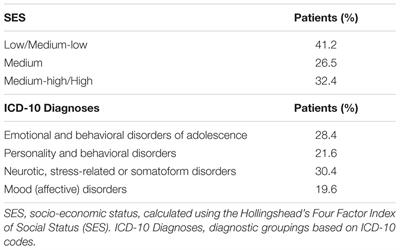


Frontiers Emotion Regulation And Parental Bonding In Families Of Adolescents With Internalizing And Externalizing Symptoms Psychology



Does The Cortisol Response To Stress Mediate The Link Between Expressed Emotion And Oppositional Behavior In Attention Deficit Hyperactivity Disorder Adhd Topic Of Research Paper In Clinical Medicine Download Scholarly Article Pdf And Read
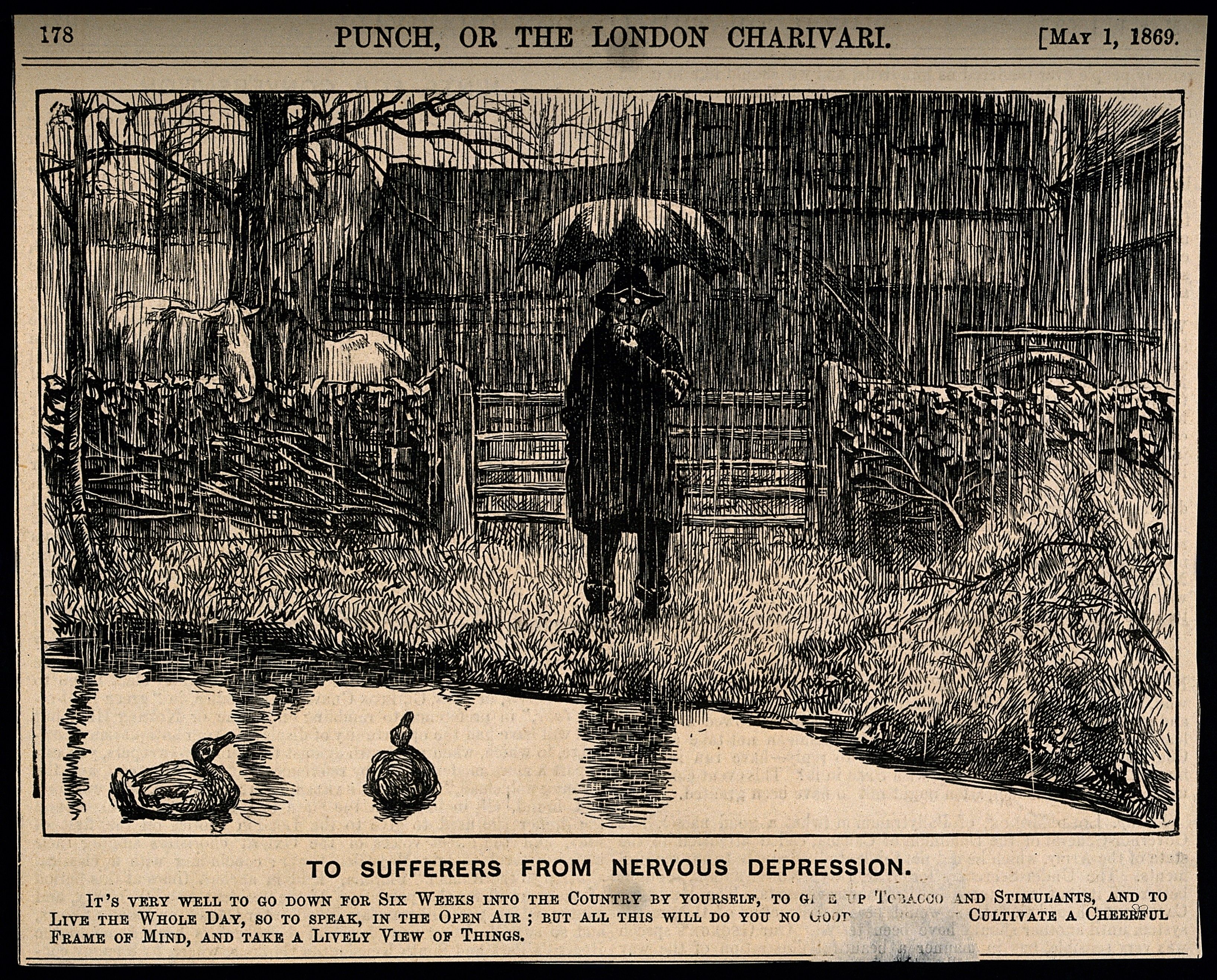


Mood Disorder Wikipedia
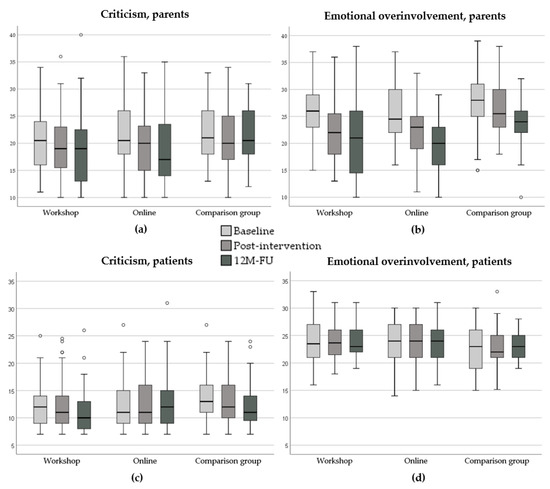


Jcm Free Full Text Reduction Of High Expressed Emotion And Treatment Outcomes In Anorexia Nervosa Caregivers And Adolescents Perspective Html



Using Machine Learning Analyses Of Speech To Classify Levels Of Expressed Emotion In Parents Of Youth With Mood Disorders Sciencedirect



0 件のコメント:
コメントを投稿